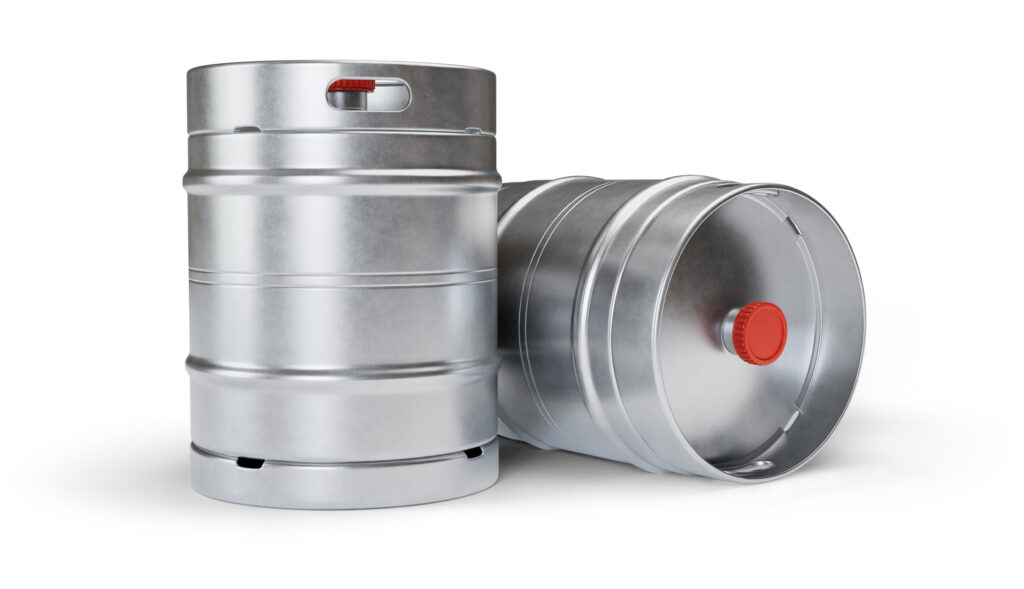Des Moines’ parking system expected to generate $10.8 million in revenue

KATHY A. BOLTEN Nov 25, 2019 | 7:32 pm
3 min read time
641 wordsAll Latest News, Government Policy and LawThe city of Des Moines operates six parking garages with a total of 5,864 parking spaces, as well as 3,391 parking meters — which together are expected to generate more than $10.8 million in revenue this fiscal year.
The following are five things to know about Des Moines’ parking enterprise, according to a recent report provided to City Council members:
1. Revenue up nearly 18% in three years
Revenue from Des Moines’ parking enterprises is expected to increase to $10.8 million this fiscal year, up nearly 18% from the fiscal year that ended June 30, 2017.
Much of the revenue increase is due to rate increases at the meters that went into full effect on July 1, 2018.
Overall, parking meters and Smart cards generated 37% of the parking system’s revenue, or $4 million. Parking garages generated 62.6% percent of the revenue, and rented spaces less than 1%.
City officials expect parking revenue to increase to $11.3 million in fiscal 2021-22. That’s nearly 5% more than is expected to be generated this fiscal year.
2. Parking meter revenue
Des Moines officials, in an effort to encourage parking in city ramps, changed its policies for meters on July 1, 2018. Meter rates increased and are now in place from 9 a.m. to 9 p.m. Mondays through Saturdays. Previously, the city didn’t charge for parking after 5 p.m. or on Saturdays. Rates also increased in high-demand areas such as the Court Avenue district.
The changes created more parking revenue for the city.
In fiscal 2017, Des Moines collected $2.4 million from parking meter revenue; this fiscal year, it expects to collect more than $4 million, up 66% from 2016-17. By fiscal 2021-22, $4.2 million is expected to be collected from the meters.
3. Parking garage occupancy, revenue
Occupancy rates at the city’s six public garages have increased or remained stable over the past three years. The garage at Third Street and Court Avenue has the city’s highest occupancy rate at 80%. The Seventh and Center Street garage has the lowest occupancy rate at 22%.
Overall, the parking garages are expected to generate nearly $6.8 million in revenue this fiscal year.
The garage expected to generate the most revenue this fiscal year? The Fourth Street and Grand Avenue garage at $1.6 million.
The garage expected to generate the least amount of revenue this fiscal year? The one at 525 Fifth Ave., with $920,000.
The city on July 1, 2018, began charging for Saturday parking in its garages. In 2018-19, the city collected $304,000 from Saturday parking in the garages. A similar amount is expected to be collected this year.
4. Parking garage expenses
A portion of the revenue collected from the parking garages pays off debt associated with the structures such as cost of construction. This fiscal year, $2.9 million in debt is expected to be paid off. In addition, $3.5 million is expected to be transferred to the city’s fund for capital improvements. Overall, the city expects more than $12.6 million in expenses related to the garages.
5. What’s on the horizon?
Earlier this year, the City Council directed city staff to overhaul the on-street parking system by removing meters and replacing them with multi-space pay stations along with a pay-by-phone payment app, Steven Naber, Des Moines city engineer, wrote in an email. The council “wants to provide parking customers a more convenient, alternative method to pay for on-street parking,” Naber wrote.
The app will include an option for the customer to receive a text message reminding the customer the parking session is about to expire, he wrote.
The overhaul, which is expected to be completed by 2023, will allow customers to pay for on-street parking either from the multi-space stations or by phone. The change “will allow [customers] to avoid standing in harsh weather conditions to put coins in a meter,” Naber wrote.










